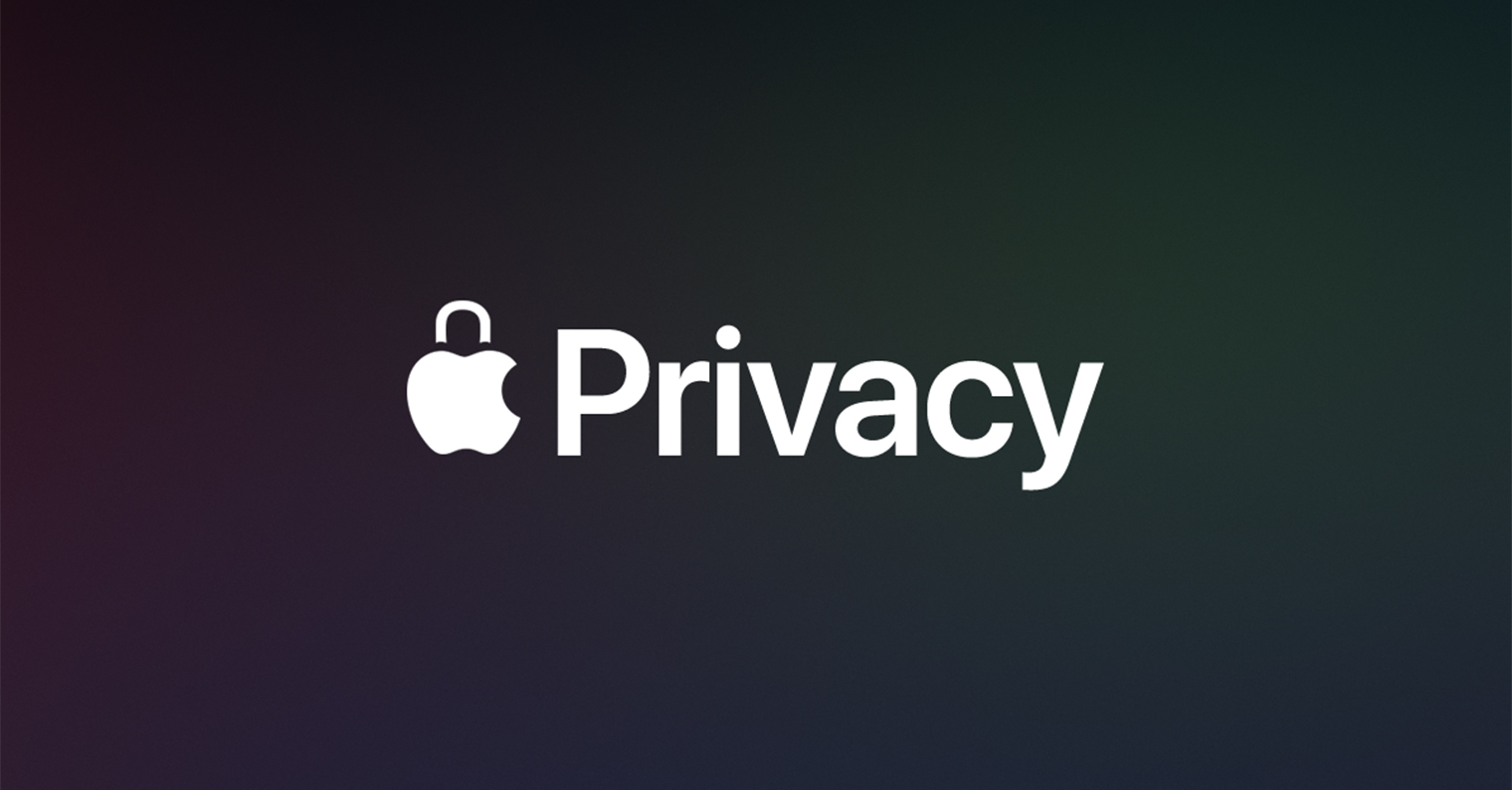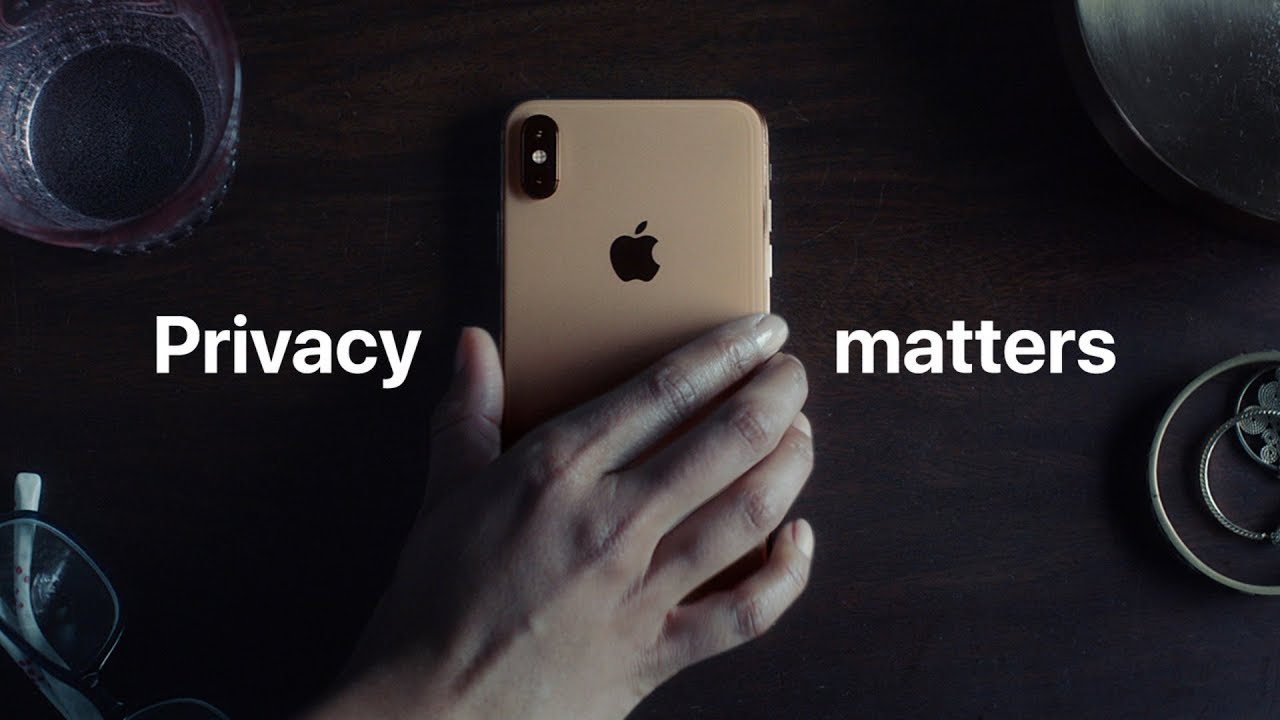The head of the US FCC Communications Authority, Ajit Pai, forever made the history of computer technology when, despite the voices of the public and various influencers, he killed net neutrality in the US. In 2018, Pai pushed through a controversial regulation that made the Internet not the people's, but the ISPs'. He was—and still is—deeply convinced that this move would allow companies to better compete in rolling out the Internet in various parts of the U.S., including rural areas.skyoh, and those are in United really a lot of states.
It could be interest you

However, this step turned out to be extremely naive, because even after a year and several months since this pivotal moment, no progress has been made, Ik that's what the FCC director promised. No high-speed internet for every American is happening. Instead, 2020 brought another interesting revelation, which shows in whose hands Mr. Pai actually entrusted the Internet. At the end of last week, the FCC published findings that at least one of the telecommunications companies was tracking the location of its users and selling tait data to business partners.
He did not fall in the statementy no specific numbers or names of operators, but Pai said in a letter to the US government that at least one operator had violated federal law and would be punished accordingly. He thus confirmed the suspicions of some lawmakers last year, who then accused the FCC of neglecting its duty to protect the privacy of users, where they also stated that it did not have toy to be prodyes only for the purpose of advertising, but also for so-called skull hunters, i.e. for people who, for a financial reward, help to find various people.
It could be interest you

CTIA, an association of companies operating in the field of telecommunications, declareda, that operators were allowed to share a user's location if he gave his permission, but adds that an investigation was immediately launched and all user tracking activities were also stopped. It was therefore not excluded that the companies or their employees abused their position for your own enrichment. And we are talking about the companies he acquiredy higher Internet "ownership" privileges from the FCC - to improve the situation for all.
I Apple sometimes deals with privacy issues in controversial ways, such as when it announced that it would scan iCloud photos to detect pedophiles and other elements. This step was perceived as an unprecedented invasion of privacy even in our parts, but it is logical that Apple cannot afford to be the No. 1 choice. 1 for criminals. For someone like me who has vacation photos or product photos in his library and really doesn't hide any illegal content on his phone, this is an invasion of privacy but by far more tolerable than having my carrier share my location with anyone willing to pay for it.

I'm not even surprised that no one has signed up to this stupidity, shut up. I mean typically sheep, I don't have anything objectionable, so please let someone check it for me.